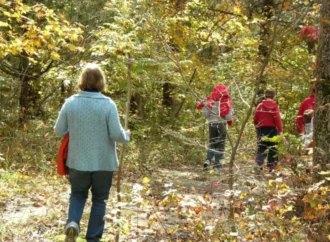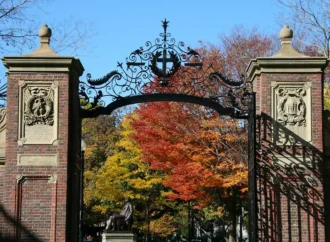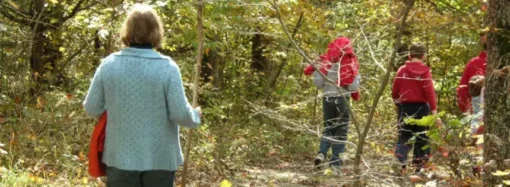Last week Pew Research came out with a new survey on the relationship between religion and politics.
Ahead of the election, it’s particularly interesting to note the level of influence Americans believe churches should have in politics.
Nearly two out of three Americans are solidly against churches endorsing a certain candidate. However, fewer Americans than before believe that churches should keep out of politics entirely, with nearly half saying that churches should “express their views on day-to-day social and political questions.”

That more churches today do not speak out and express their views on political issues perhaps should not be much of a surprise in an era which lives by the catch phrase of “separation of church and state.” Those who defy such a maxim often risk being perceived as lobbyists – a sin which results in the loss of tax-exempt status – or divisive – a sin which may result in the loss of church members.
But such concerns have not always consumed American churches. In fact, as the the following election day sermon from Charles Chauncy in 1747 shows, ministers were not afraid to use the pulpit to encourage people to vote, nor were they afraid to lay out the principles upon which they should select their leaders.
“It is not, gentlemen, a trifling concern you have before you…. It is not for yourselves only that you are empowered and called to vote in the elections of this day, but for your God, your king and your country: And you will be unjust to them all, if you give your voice as moved by any considerations, but those which are taken from the real characters of men, qualifying them to sit at the council-board.
You all know, from the oracles of God, how men must be furnished, in order to their being fit to be chosen into places of such important trust; that they must be wise and understanding, … that they must be able men, and men of truth, men that fear God, and hate covetousness. … ’Tis your business, gentlemen, to seek them out. And with you will the fault principally lie, if we have not the best men in the country for councillors; men of capacity and knowledge, who are well acquainted with the nature of government in general, and the constitution, laws, priviledges and interests of this people in particular: … Men of a generous spirit, who are above acting under the influence of narrow and selfish principles: Men of unquestionable integrity, inflexible justice, and undaunted resolution, who will dare not to give their consent to unrighteous acts, or mistaken nominations; … in fine, who will steadily act up to their character, support the honour of their station, and approve themselves invariably faithful in their endeavours to advance the public weal.”
If today’s churches were as bold as Charles Chauncy was in laying out the principles of character upon which its members should choose its leaders, is it possible that we would have different candidates to vote for this November – perhaps ones which the entire country would view with more approval?
















Leave a Comment
Your email address will not be published. Required fields are marked with *